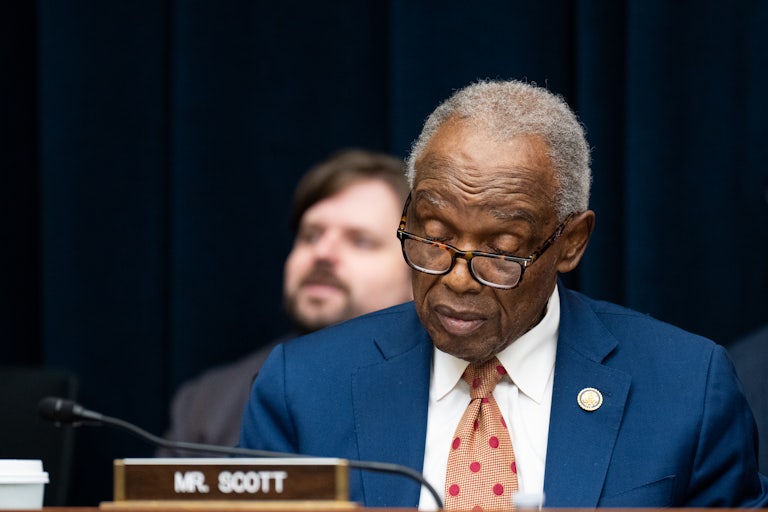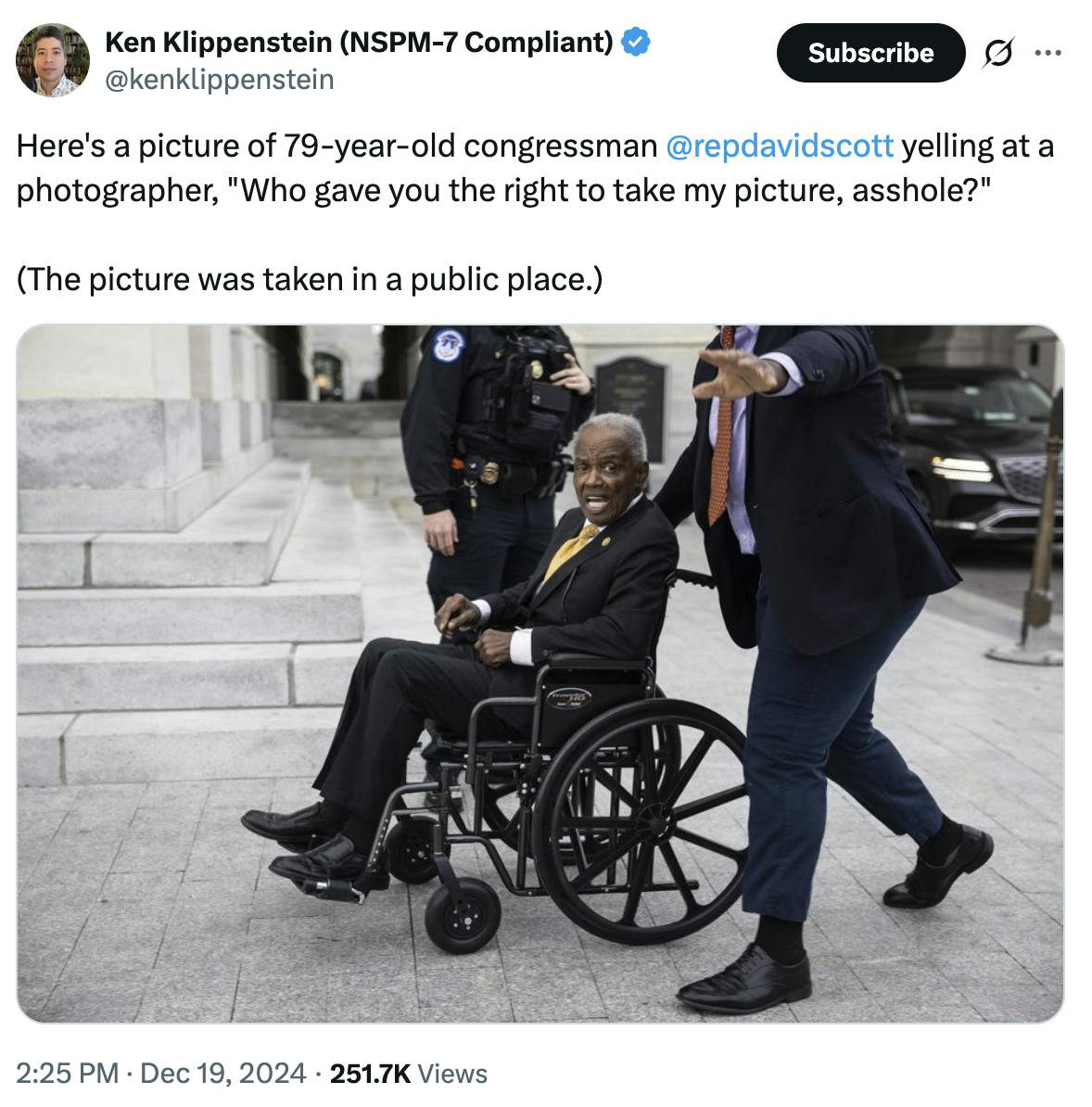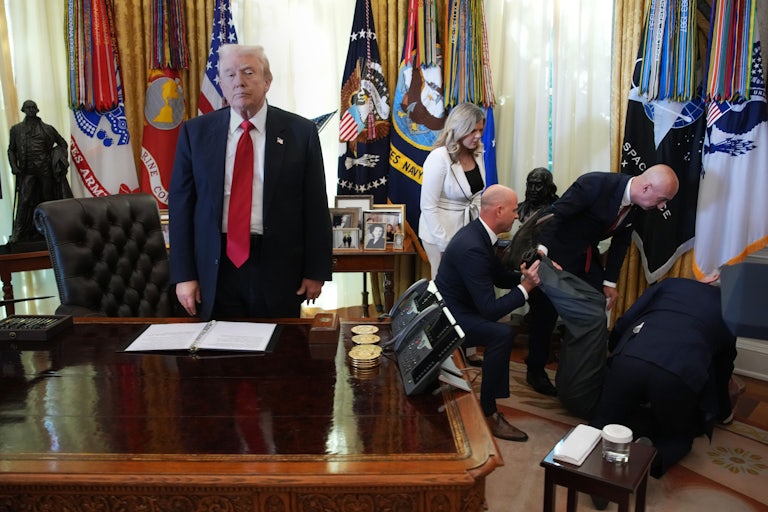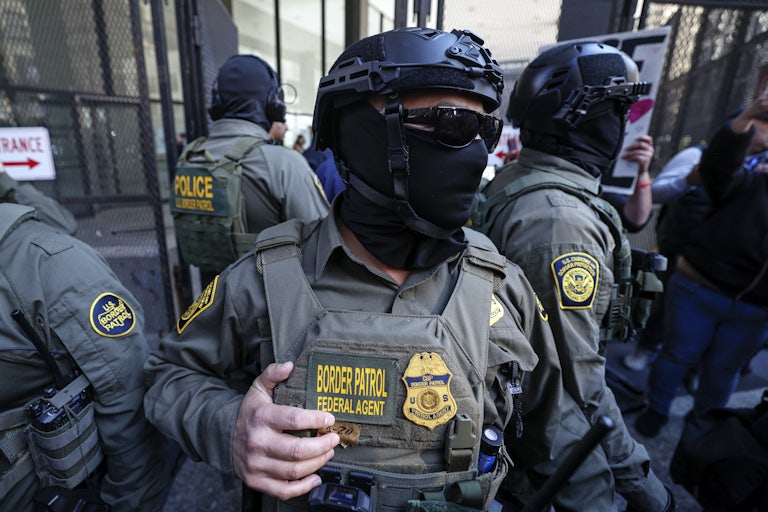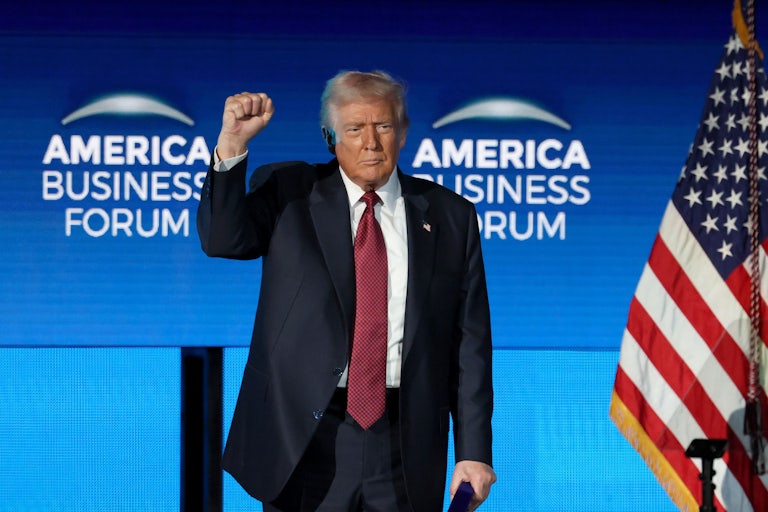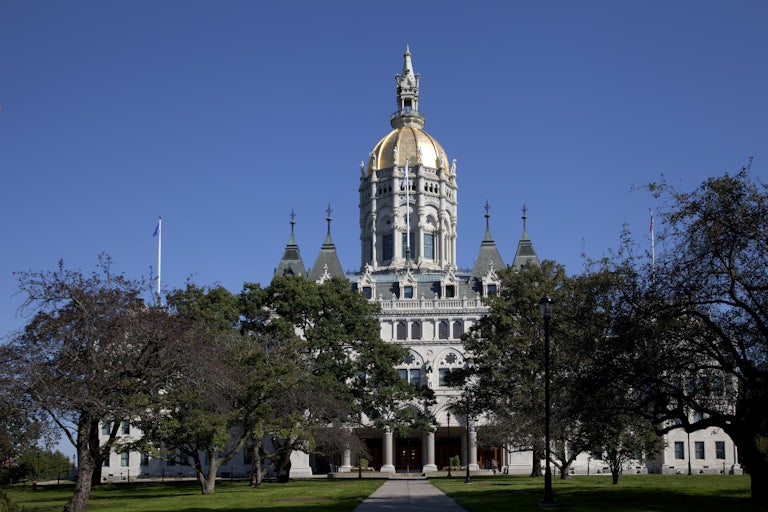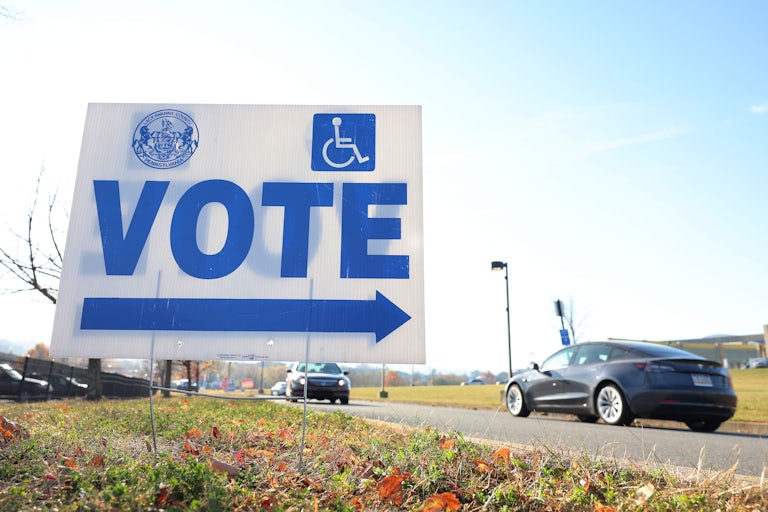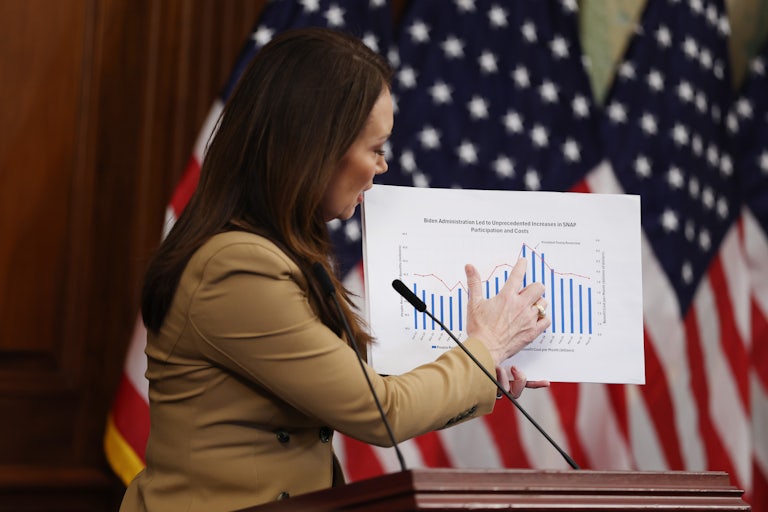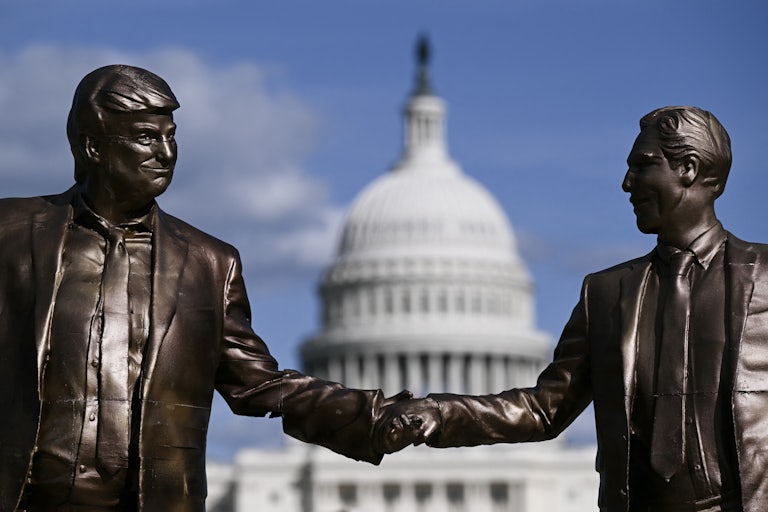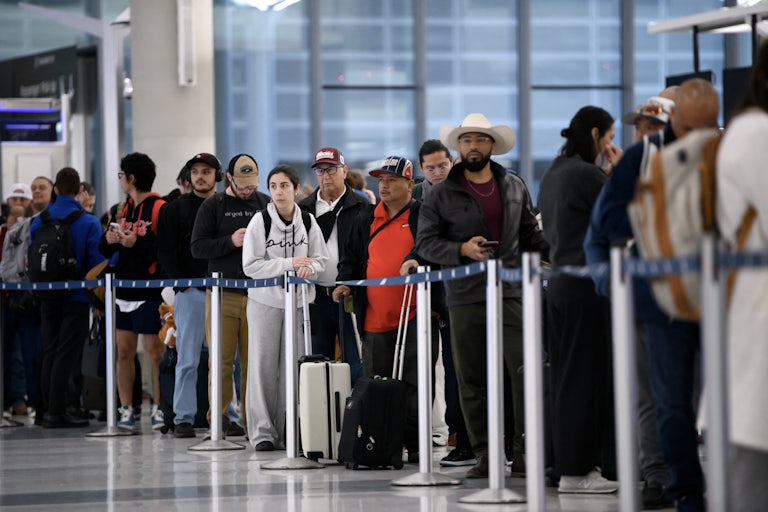Trump Finally Admits the Truth About How Much His Tariffs Cost
Donald Trump grudgingly acknowledged the reality of his policies.
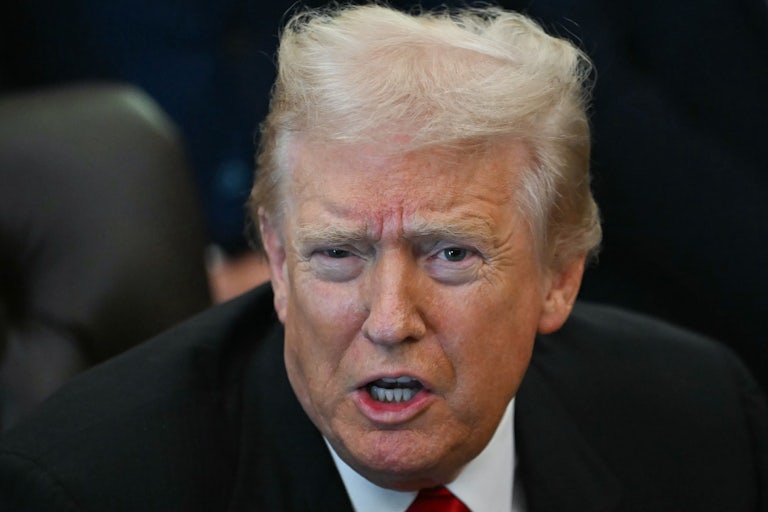
Donald Trump is getting more honest about the impacts of his inconsistent tariff plan.
Speaking to the press inside the Oval Office Thursday, Trump admitted to knowing that his overhaul of America’s trade relationships has come at the cost of American consumers.
“Do you agree then that Americans are paying those tariffs?” asked a reporter.
“I think they might be paying something, but when you take the overall impact, the Americans are gaining tremendously,” Trump said. “Look, I’m ending war because of these tariffs. Americans would have to fight in some of these wars.”
Trump has touted himself for months as a great peacemaker, pushing a narrative that he has—so far—solved eight foreign conflicts. He has claimed responsibility for inventing peace between the Democratic Republic of the Congo and the Republic of Rwanda, between Cambodia and Thailand, between Israel and Iran, between India and Pakistan, between Serbia and Kosovo, between Egypt and Ethiopia, between Armenia and Azerbaijan (although he has previously forgotten and said Albania instead of Armenia), between Israel and Gaza, and for “doing the Abraham Accords.”
He has repeatedly cited his tariff plan as the key to solving those wars, even though several of them never existed to begin with.
But it’s not the first time that Trump has fessed to the ramifications of his tariff proposals. During a Cabinet meeting in April, the president acknowledged that his plan would spike prices on American goods, such as children’s toys, though his solution that Americans should simply buy less was as anti-American and anti-capitalist as it was anti-Trumpian. (Some of Barron Trump’s childhood toys included a customized mini Mercedes convertible featuring a “BARRON” license plate, several life-sized stuffed animals, and famously, a Louis Vuitton “soot-case” that reportedly now retails for nearly $10,000.)
Meanwhile, the Supreme Court is in the midst of debating the validity of Trump’s tariff plan. Justices on both sides of the ideological fence have expressed their skepticism over the policy, questioning the administration’s foundation to base the legitimacy of the supposedly unrestricted levy power on a vague federal law that has never before been used for this purpose.
If they rule against Trump, it will be the first major break between the conservative-majority court and the president since he was inaugurated in January.
So far, the nation’s highest judiciary seems to share little in common with Trump when it comes to their perspective on the trade plan, apparently disagreeing on even the most basic details, such as the definition of “tariff.”
“Chief Justice Roberts said that tariffs are taxes and that they’re paid by Americans. He said this pretty clearly. And yet you’re saying this money is rolling in from other countries. How do you square those two?” asked a reporter.
“Well, it is. It’s coming in because they charged us,” Trump said. “You know those same countries that you talk about are charging us massive amounts of money.”
He then went on to blame the national debt on imbalanced tariff sheets between America and its trade allies.
“We had presidents who didn’t know how to use tariffs, presidents who had no understanding of business,” Trump said.
Once such prior president would be Ronald Reagan, who became a central figure in Trump’s trade war with Canada last month when Ontario’s provincial government aired an anti-tariff advertisement aimed at Americans. The political advert featured snippets of the conservative icon’s 1987 radio address, in which Reagan argued that tariffs undermine economic prosperity, and that they only serve to “hurt every American.”
